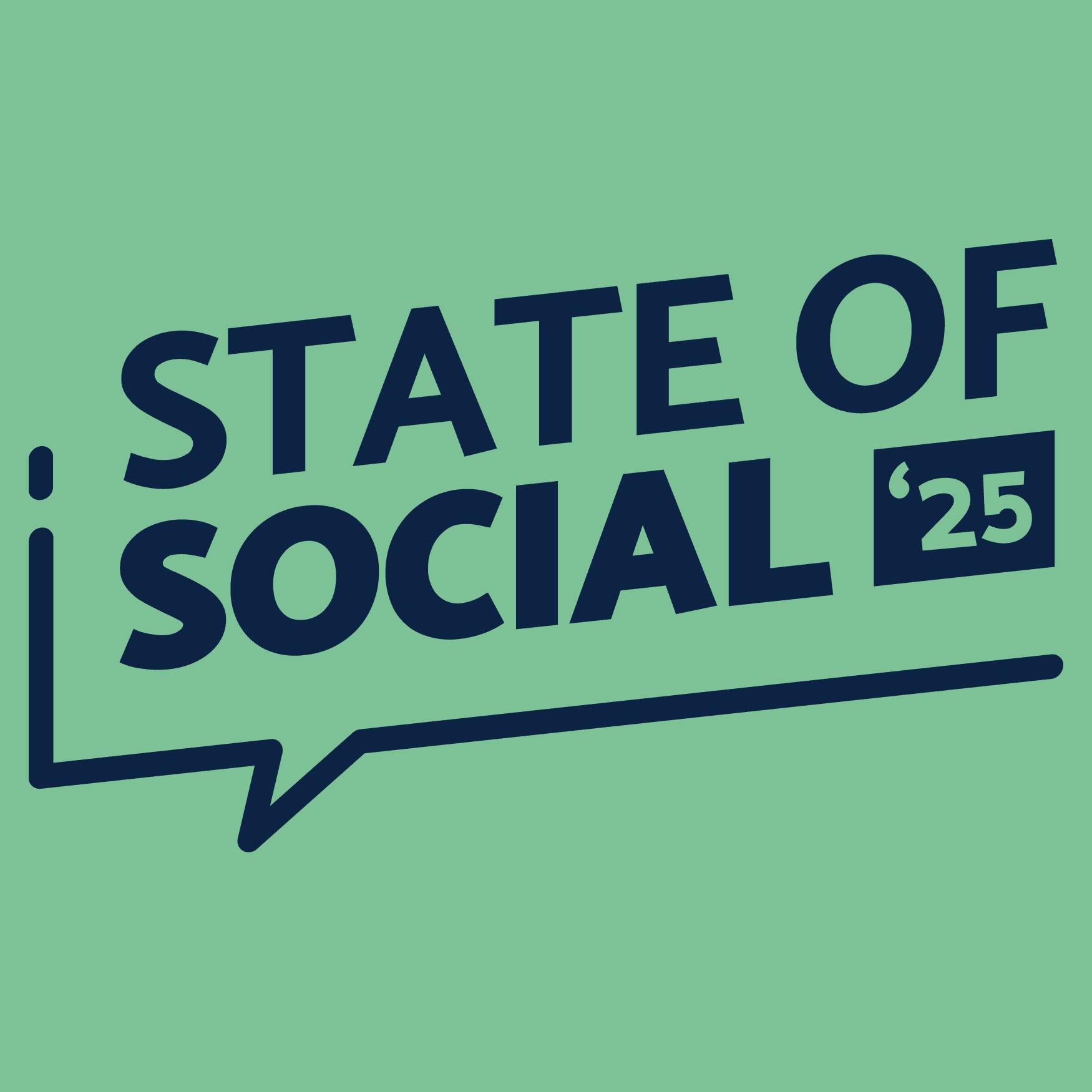Ah, social media.
It’s a wonderful world where we can connect with like-minded people and build thriving communities made up of kind, supportive individuals who love you and what you’re offering.
Of course, there’s another slightly more sinister, less desirable by-product of our new online world — the dreaded social media troll.
Though they wouldn’t dare speak their hurtful or vitriolic words to your face, trolls are people who seem to get some sort of kick out of doing so from the safety and anonymity of their keyboards.
And unfortunately, if it happens on your account you are responsible for moderating it — both ethically and legally. Did you know that if someone posts a defamatory comment about someone on one of your social media posts, your business could be sued, not the troll?
That’s why we recommend that the very first thing you do, well before you even have a troll on your hands, is to write some clear and concise community guidelines and host them on your website, making it clear what sort of behaviour will and won’t be tolerated.
As for what to do when you do have a troll on your hands, you’ve got three options:
Respond.
Firstly, do you have a troll, or a legitimate complaint? If someone has cause to complain and they’re airing their grievance publicly on your social channels, the last thing you want to do is ignore them. You’ve got an opportunity to make things right! It’s best to take the conversation out of the comments and into real life, so send them a DM ASAP letting them know you’d like to chat and ask them for their contact details so you or your customer service team can get in touch. Then respond to their comment too letting them know that you’ve sent them a DM. And when responding, absolutely kill them with kindness. Be attentive, genuine and show how much you care. Now’s not the time for sass. Yes, even if they’re in the wrong.
If you do in fact have a mutant on your hands, one option is also to respond. From simple ‘thanks for your comment’ responses to wordier explanations, depending on the type of troll (more on that here) and the severity of the comment, this can work. However, it’s rarely our number one choice.
You just can’t win with a lot of trolls, no matter how much kindness you throw at them, and responding risks stoking the flames and encouraging more damaging comments. That’s why unless you’re particularly confident about your response or have time to wage a war, we recommend option two or three.
Hide or delete the comment
Choosing not to respond doesn’t necessarily mean you just have to ignore the comment and let it sit there. It’s your page, your community and you don’t have to inflict abusive, defamatory or vulgar comments on the rest of your lovely followers! Hit that delete button, and on Facebook you have the option of simply hiding the comment too. That means the troll and their friends will still be able to read it, but the rest of your follower base won’t have to.
Just keep in mind when deleting comments that it’s best to only delete comments from trolls. Deleting any and all negativity about your business can appear dishonest and do more harm than good. Remember what we said about legitimate complaints and get in touch.
Block
Sometimes a troll-like comment just comes from someone who was having a terrible day and took it out on you. You hid or deleted the comment, they probably felt a bit silly and regretted it later, and it doesn’t happen again.
But sometimes you end up with a real troll, one who just keeps coming back and whose comments seem to get nastier and nastier by the day. Remember, this is your page and not only should you not have to put up with such abuse, but neither should your followers. Block, ban and report. It’s the only way to win.








LET’S CONNECT